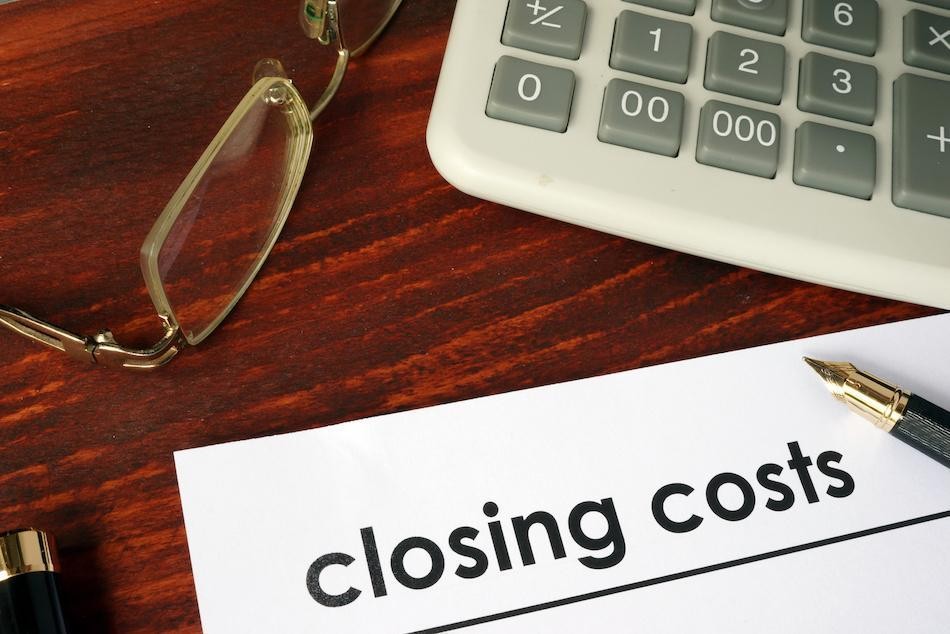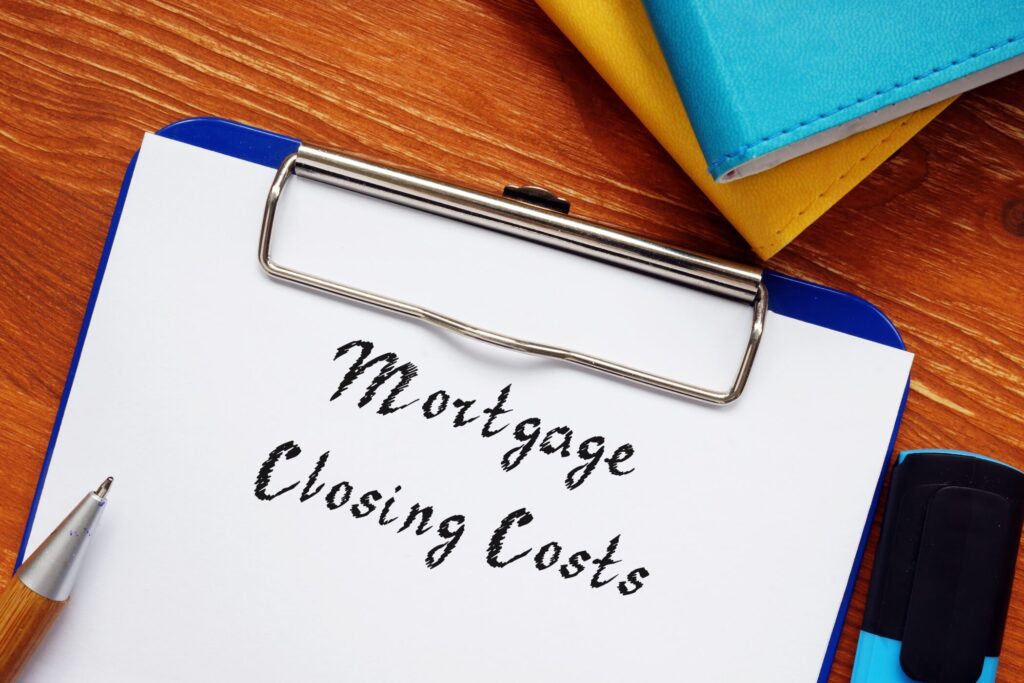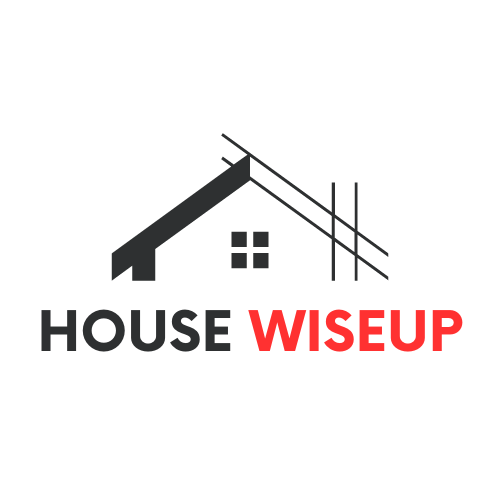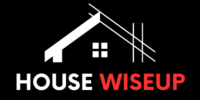Buying a home is an exciting experience, but it’s important to understand the costs that come with it. Closing costs are one of the key expenses you’ll need to be prepared for, and they can add up quickly. These costs can vary significantly depending on where you live, the type of loan you choose, and the specific details of your transaction. In this blog, we’ll break down what closing costs are, how to estimate them, and most importantly, how you can save money when buying your home.
What Are Closing Costs?
Closing cost are fees associated with the purchase or refinance of a home. They include various expenses such as loan origination fees, appraisal fees, title insurance, and taxes. These costs typically range from 2% to 5% of the purchase price of the home. For example, if you’re buying a home for $300,000, you can expect to pay between $6,000 and $15,000 in closing cost. Understanding these costs is crucial so you’re not caught off guard during the final stages of the home-buying process.
How to Calculate Closing Costs: The Importance of a Closing Cost Calculator
Before diving into the details of how to save on closing cost, it’s essential to understand how much you’ll be paying. A closing cost calculator can help you get a rough estimate of these fees. This tool allows you to input details such as the purchase price, loan type, and location to give you a ballpark figure of what you’ll need to pay at closing. By using a closing costs calculator for buyers, you can avoid any surprises and plan ahead for these additional expenses.
Also Read about : Buying a house? The Ultimate Guide for First-Time Homebuyers

Can You Avoid Closing Costs?
While it’s difficult to eliminate closing cost entirely, there are strategies to reduce or avoid some of these fees. One option is to look for a no closing cost mortgage or a no cost refinance. With these types of loans, the lender absorbs the closing cost in exchange for a higher interest rate. While this might seem like a good option at first, it’s important to carefully consider whether the higher long-term cost of the mortgage outweighs the immediate benefit of saving on closing cost.
For example, with a no closing cost refinance, the lender might charge a higher interest rate, but you won’t have to pay for things like appraisals, loan origination fees, and other charges upfront. If you plan to stay in your home for a long time, this might be a good option. However, if you plan to sell or refinance again soon, it may not make as much financial sense.
VA Loans and Closing Costs: What You Need to Know
If you’re a veteran or an active-duty service member, you may qualify for a VA loan. VA loans are an excellent option for those looking to buy a home, as they offer several benefits, including lower interest rates and no down payment. However, there are still VA closing cost that need to be paid. Using a VA closing cost calculator can help you determine how much you’ll need to pay when closing on a home with a VA loan. Keep in mind that some fees, like the VA funding fee, can be rolled into the loan amount, but others still need to be covered out-of-pocket.
Closing Costs and Refinancing: How a Refinancing Closing Cost Calculator Helps
If you’re thinking about refinancing your mortgage, it’s essential to understand the closing cost involved in the process. Refinancing can save you money over the life of your loan, but it’s important to know what fees are associated with the new loan. A refinancing closing cost calculator can provide an estimate of what you’ll pay when refinancing your mortgage. These costs can include application fees, title search fees, and other closing-related expenses. Make sure to factor in these costs when deciding if refinancing is the right move for you.
No Closing Cost HELOC: A Solution for Homeowners
A home equity line of credit (HELOC) is a great way to tap into your home’s equity for a variety of reasons, including home improvements, debt consolidation, or emergency expenses. But did you know you can also get a no closing cost HELOC? This option allows you to avoid paying upfront fees, but like the no closing cost mortgage, it may come with a higher interest rate. If you’re considering a HELOC, be sure to compare rates and terms from different lenders to find the best deal.
Understanding Sellers Closing Costs: What You Need to Know

When you’re buying a home, it’s important to remember that sellers also incur closing costs. Sellers closing cost calculator is a useful tool to estimate the expenses the seller will have to pay at closing. These costs can include agent commissions, title transfer fees, and other related charges. While these costs are typically the seller’s responsibility, understanding them can help you in negotiations. Sometimes, buyers can ask the seller to cover part of the closing cost in exchange for a higher purchase price.
Mortgage Calculator with Closing Costs: Plan Ahead
When budgeting for your home purchase, it’s important to take closing costs into account. A mortgage calculator with closing cost allows you to see not only your monthly mortgage payment but also the costs you’ll need to cover at closing. This helps you determine how much you’ll need to bring to the table, ensuring you’re financially prepared when it’s time to finalize the deal.
Down Payment and Closing Cost Calculator: A Comprehensive Tool
When you’re planning for a home purchase, it’s essential to consider both the down payment and closing costs. A down payment and closing cost calculator combines both of these expenses to give you a clearer picture of how much money you’ll need to save. This tool can help you determine how much to budget each month to cover both your down payment and closing cost.
Who Pays Closing Costs?
A common question in the home-buying process is, “Who pays closing costs?” The answer depends on the negotiations between the buyer and the seller. In most cases, the buyer is responsible for the majority of the closing costs, but the seller may agree to pay some of these costs as part of the deal. It’s important to clarify this with your real estate agent and lender so you know exactly what you’ll be responsible for paying.
Tips to Save Money on Closing Costs
- Shop Around for Lenders: Don’t settle for the first lender you find. Get quotes from multiple lenders and compare their closing cost. You might find one lender offering significantly lower fees.
- Negotiate with the Seller: In some cases, you can negotiate for the seller to cover some of the closing costs. This is often part of the offer and counteroffer process.
- Look for No Closing Cost Options: If you’re refinancing or getting a mortgage, see if a no closing cost refinance or no closing cost mortgage is available. Just remember to weigh the long-term costs.
- Review Your Loan Estimate: Always carefully review your loan estimate to ensure all costs are explained and there are no surprises at closing.
- Consider a Government-Backed Loan: If you qualify, consider a VA or FHA loan, which may come with lower closing costs or more favorable terms.
Conclusion
Closing costs are an essential part of the home-buying and refinancing process, and understanding how they work is crucial for budgeting effectively. Using tools like closing cost calculators, no closing cost mortgage options, and closing cost estimators can help you plan ahead and save money. Whether you’re buying your first home or refinancing your current mortgage, it’s important to understand these costs and look for opportunities to minimize them. By doing your research and utilizing the right resources, you can make the process smoother and more affordable.







